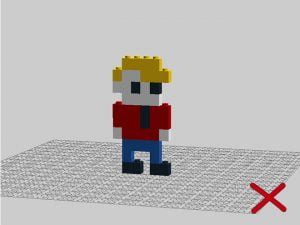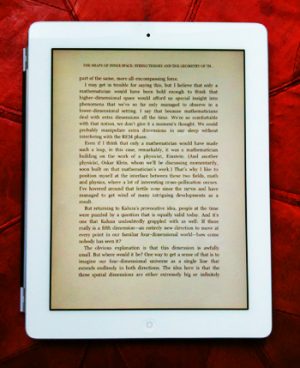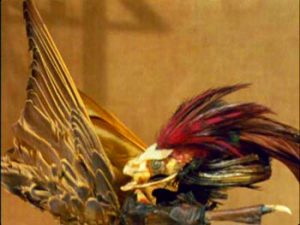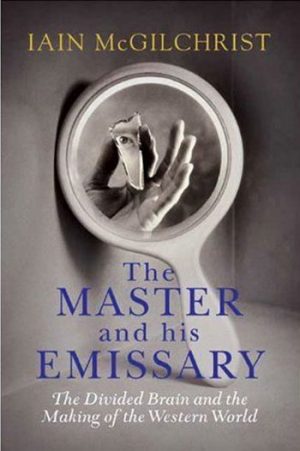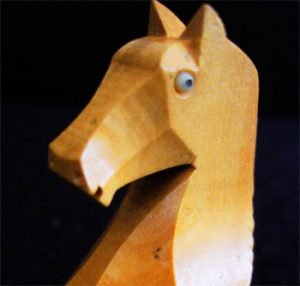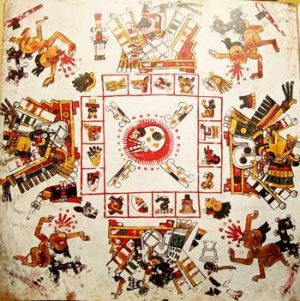LEGO and the digital mind
In a previous post, I argued that LEGO, when it consisted mostly of simple bricks, was a superior creative tool for a child than more modern LEGO with its complex pieces. I have come to a more nuanced conclusion: that though classical LEGO promotes one kind of creativity, it may do so at the expense of other kinds
